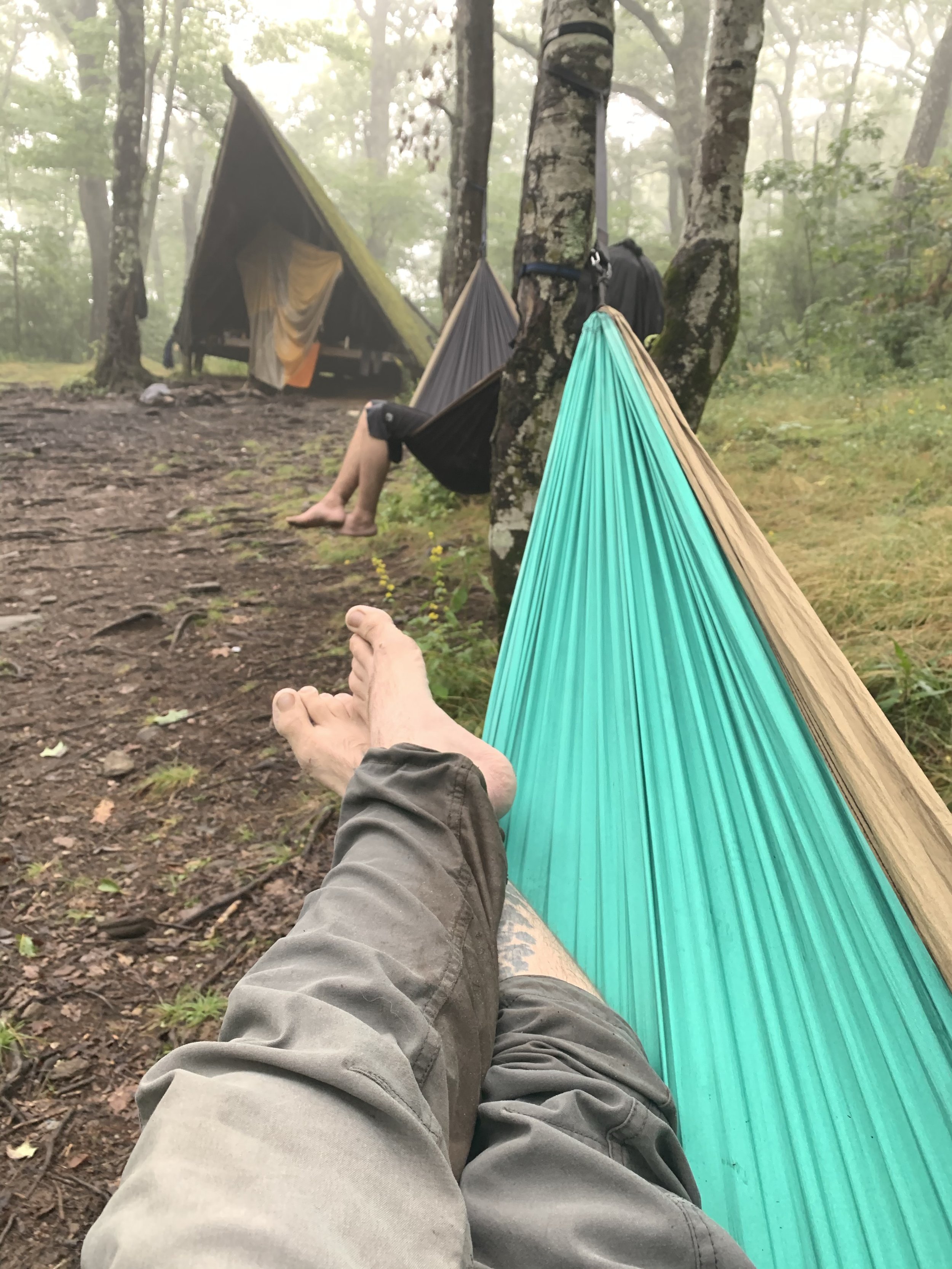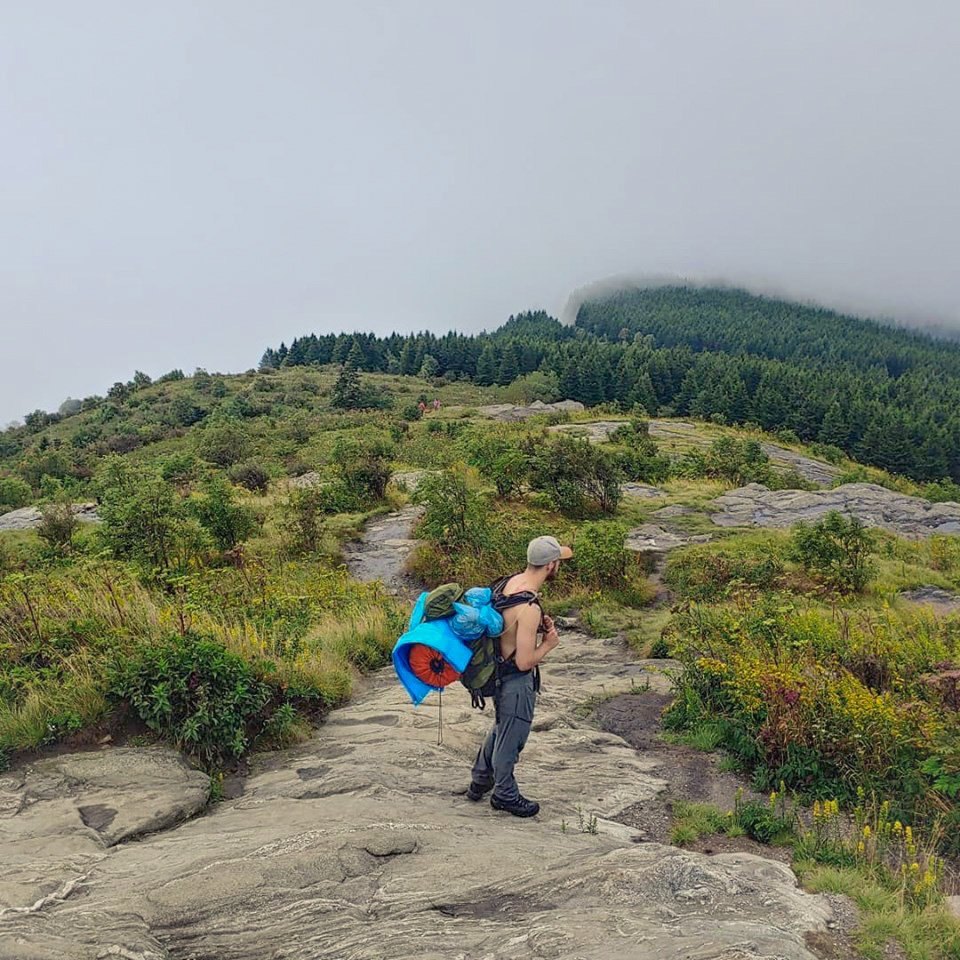What Being an Appalachian Means to Me
I’ve been thinking a bit lately about the homogeneity with which the world, and even sometimes ourselves as Americans, view small town America. So many pieces of my childhood were so well aligned with those views it was almost laughable. I grew up with no stoplights. I knew everyone in my town, and in turn knew everyone’s drama. The churches came with the best food and the most gossip. The presence of the Klan had just been quelled before I was born, and even though we all knew that was a dark piece of our history, we also knew it was something not to talk about in polite company. Sound about right?
While this fits the general narrative about what it’s like to live in such a rural area, it doesn’t really encapsulate what life in the holler is really like. I grew up just outside the Nation’s first National Forest. My Summer days were spent throwing myself off waterfalls and climbing trees amidst the oldest mountains on the planet while simultaneously being among the first generation of kids addicted to social media. The school hallways were always echoing references to the most recent trends on vine, and our school bus rang every morning with Alan Jackon’s “Chattahoochee” and every evening with Afroman’s “Colt 45.” We were stuck somewhere between the community’s traditional Christian values and wanting to inject as much newness and excitement as we could into a place that was so quiet it could drive you mad.
We all hated the government, a tradition that dates back to the times when our mountains were raped for their resources and then its people abandoned in a scarred landscape that was as sick as the miners with black lung or the other laborers who kept themselves going by getting addicted to whatever painkillers were available in order to keep showing up to work. After the feds left, they took the profits from our natural resources with them, and the body of Colonial America was constructed with the bones and organs of the Appalachian Mountains.
Half of us could name a time when our families, laborers mostly, had to choose between a grocery run and keeping the lights turned on. We were poor, sure, but if you’d have asked us we probably wouldn’t have seen it that way. The streams, now a couple generations removed from the last major logging campaigns, were so clean we all drank from them, and so many folk grew something in their garden that it never seemed too hard to eat. It was easier still when you knew the corner store threw out all their sausage biscuits, microwave pizza, and chicken sandwiches around 6:00 everyday.
No, we didn’t have money, but we had community. Whenever someone got cancer we had bake sales to raise money. Every child’s head was counted so they could get a Christmas present at the community center (which also doubled as the weekly food bank for those who were struggling). There existed this rule that I don’t ever remember being told but we all inherently understood, and that was if someone asks for help you help them. I think this underlying rule is both our greatest strength and crippling weakness, and it wasn’t until probably the fifth year in a row of losing someone to drugs or suicide that I really started realizing it.
We tried to care for one another when we could. If you were hungry someone would feed you. If you were without a roof over your head someone who was a friend of a friend of a friend or a vaguely-distant relative would take you in. When your truck got stuck in the Auger Hole even though you knew you shouldn’t have been riding back there, it was a pretty safe bet that once you walked to phone signal you’d be able to call on someone to pull you out in exchange for nothing more than a case of Coors Lite. People, it seemed to me, wanted to provide. It gave life purpose, and what better way was there to prove that you were doing some things right than having the capacity to make someone else’s life better?
These were the simple things, and as the old adage goes, a lot of men were fed fish for a day but were never taught to fish themselves. When a local 14-year old girl died from cancer we all cried and shared meals, but no one taught us how to cope. I had a childhood friend of the same age that fell critically ill from using a dirty needle to shoot drugs. His limbs rotted off his living body, and he didn’t finally pass until I was in my young 20s. When people told you you’d be in their “thoughts and prayers” you could tell almost immediately that the burden was one you’d have to carry alone. “Thoughts and prayers” was a clean, respectable phrase used in place of “I’m working myself to the bone trying to keep a roof over my family’s head and, while I have all the skills necessary to build a house or work on cars, what I don’t have is the emotional skills necessary to navigate your struggles with addiction or teach you to accept the tragedies of the world without relying on the gospel.” Mind you, God’s good book has provided direction and comfort to poor mountain folk since their ancestors imposed Western beliefs on Cherokee land, but when I remember doing my first backflip off a tree to get a kiss from a gal or sharing a jar of moonshine by a bonfire after a funeral I can only see the faces of Appalachian Folk, not their God.
We were so rich in community, but so poor in resources. Apart from a million other personal reasons, that’s why I’m trying to contribute something positive to how Appalachians see themselves. If a kid from Sapphire, NC, can go into the coldest and harshest corners of the world in search of deeper understanding, if he can look inside himself and face all the things swirling in his head that tell him he’s not enough, then that becomes a part of the narrative. We’re reminded of just how resilient Appalachians are. We can, I hope, see the best parts of our community in him as he attempts to share these beautiful places with his hometown. When he speaks about the need to protect and conserve wild places we can hear him advocating for protecting God’s creation even though he’s not a praying man himself. Above all he values the places he passes through and the people he shares those precious moments with, beit by the campfire, at the dinner table, or on a walk somewhere in the woods. That, to me, is truly what it means to be an Appalachian.
*This journal was written during what has been a record series of years of drug abuse, suicide, and other mental health related tragedies in Appalachia.




